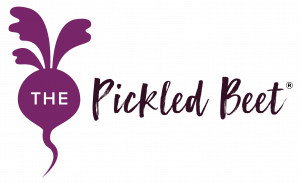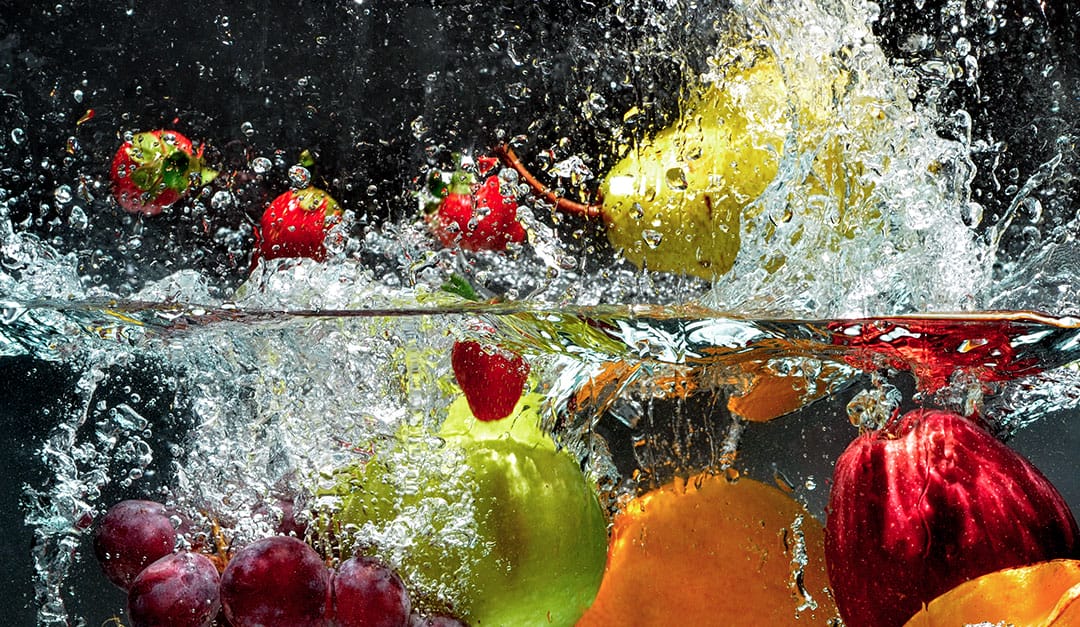Giving Pesticides A Starring Role On Your Plate? Know Which Fruits And Veggies Are A-Listers and Which Are Duds.
If you’re old enough, you might remember The Dirty Dozen, a classic war movie about an army commander assigned 12 hardened cons (bad) who become heroes (good). Today, the Dirty Dozen is an annual list of the worst offenders in fruits and vegetables (good) when it comes to pesticide residue (bad).
Behind the Scenes
The list, published by the Environmental Working Group (EWG), a nonprofit organization, changes every year. While the Environmental Protection Agency (EPA) maintains pesticide levels are safe, other groups, including EWG, aren’t so sure.
In fact, research points to the risks of ingesting too many pesticides and promotes the consumption of organically grown foods. The underlying message is that many typical fruits and vegetables are swarming with pesticides that resist rinsing and even washing. So what’s an informed consumer to do? For starters, buy all organic if you can. If you can’t afford to do that, use the EWG’s list to shop smarter. And of course, know that The Pickled Beet stays on top of all the latest research and uses organic, locally sourced products whenever possible.
The Main Feature
But let’s get on with the show. Here is the EWG’s latest Shopper’s Guide to Pesticides in Produce—beginning with the Dirty Dozen (those highest in pesticide levels), and followed by the group’s A Listers: the Clean 15.
The Dirty Dozen
- Strawberries
- Spinach
- Kale
- Nectarines
- Apples
- Grapes
- Peaches
- Cherries
- Pears
- Tomatoes
- Celery
- Potatoes
And, here’s a bonus vegetable, making this year’s group a Dirty Baker’s Dozen: Hot peppers. If you can, opt for organic especially when selecting any of those 13 fruits and vegetables.
A Stellar Sequel
Want to stretch your dollar? While organic typically is best for all foods, the following fruits and vegetables rate the best for pesticide levels.
The Clean 15
- Avocados
- Sweet corn
- Pineapples
- Sweet peas
- Onions
- Papayas
- Eggplants
- Asparagus
- Kiwis
- Cabbage
- Cauliflower
- Cantaloupes
- Broccoli
- Mushrooms
- Honeydew melons
You’ve got plenty of options when it comes to eating well and avoiding pesticides, particularly if you use these lists to guide your shopping.
The Pickled Beet incorporates the healthiest, tastiest hand-picked fruits and vegetables into recipes for our Miami clients. We work with individuals, couples, and families to find meals that best fuel the body no matter what nutritional requirements might be part of the equation. Contact us for a free consultation.


